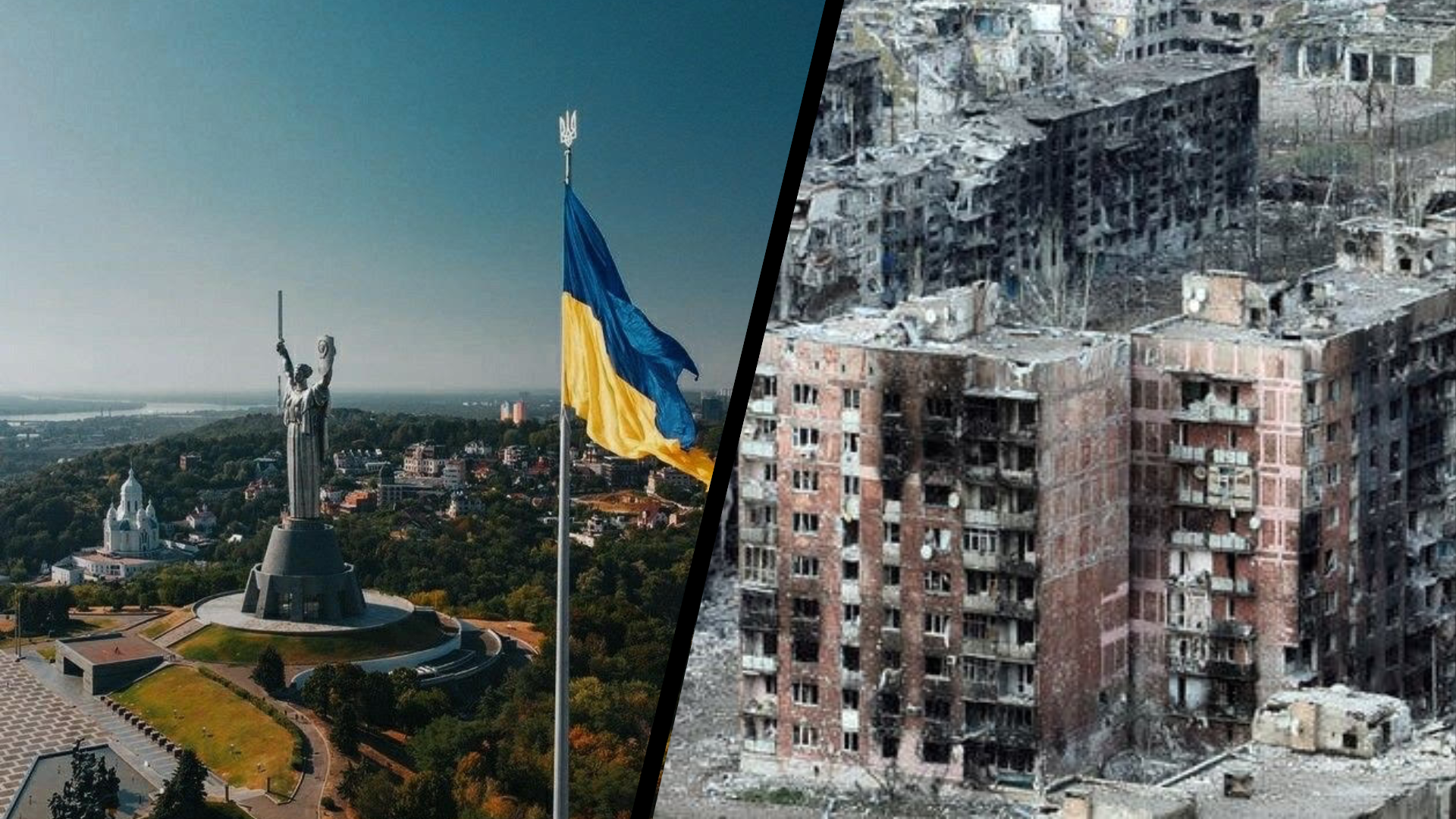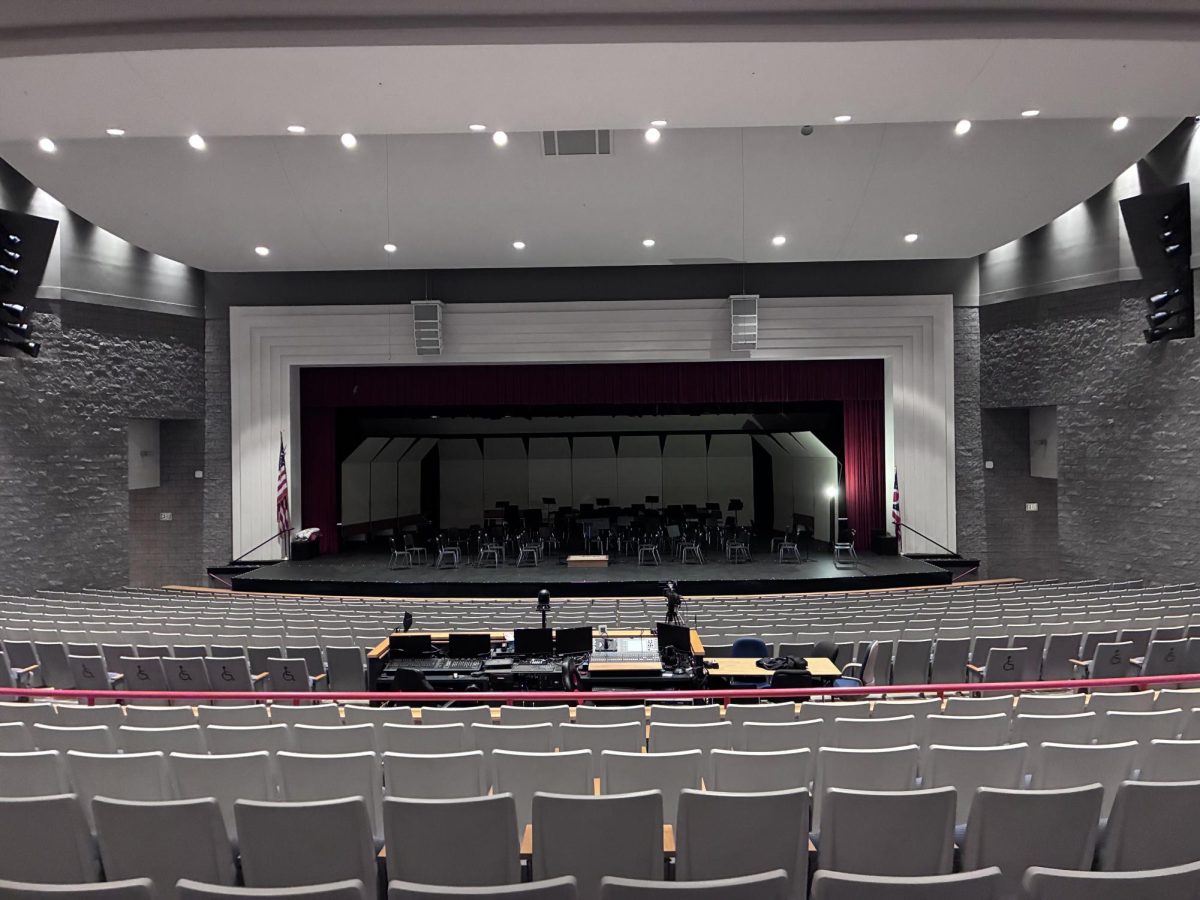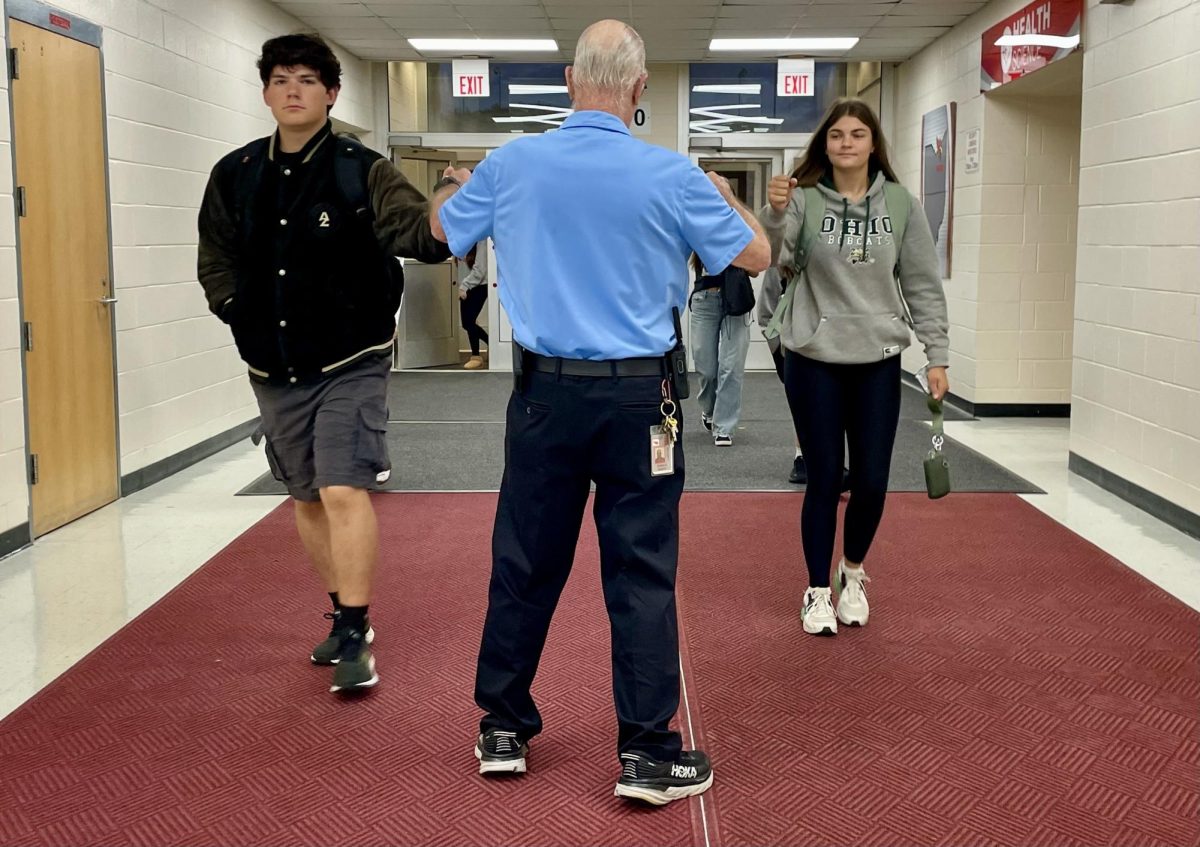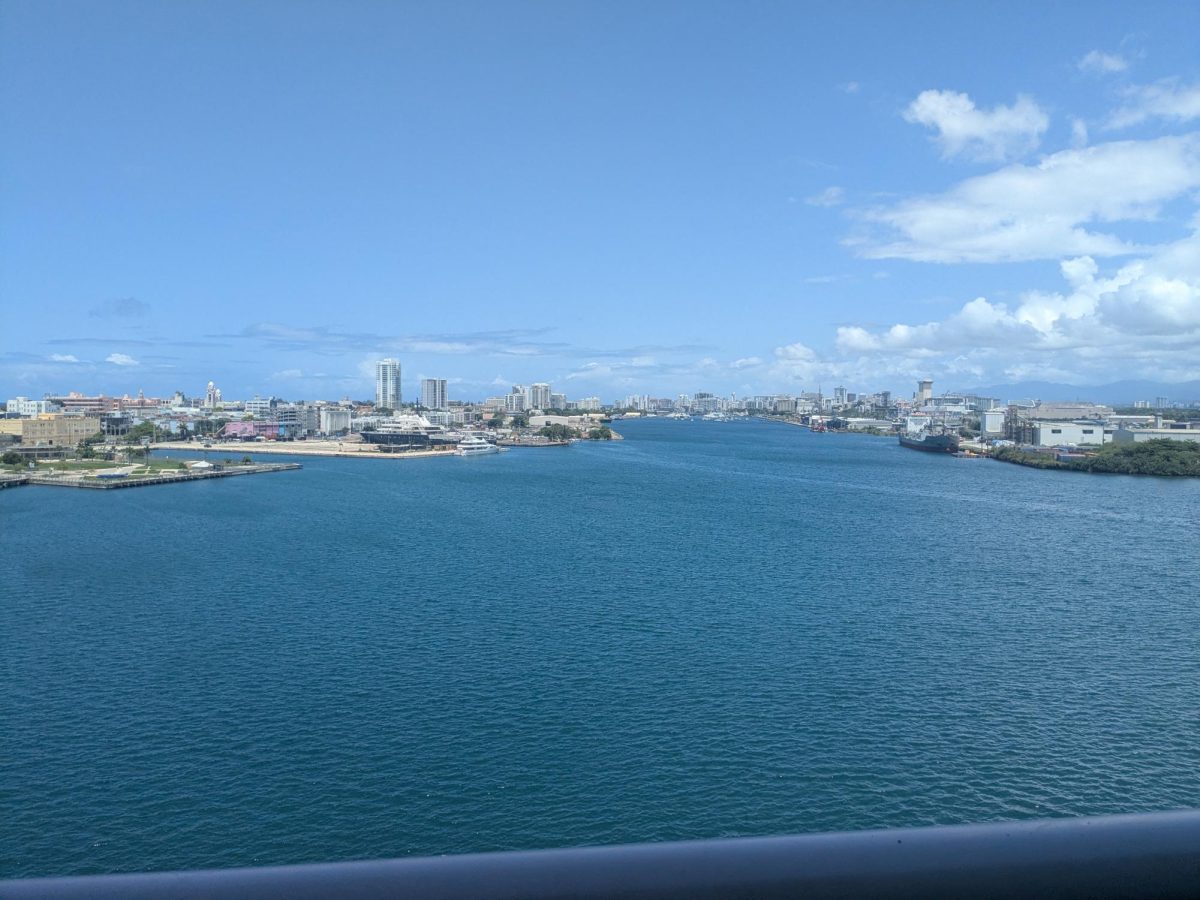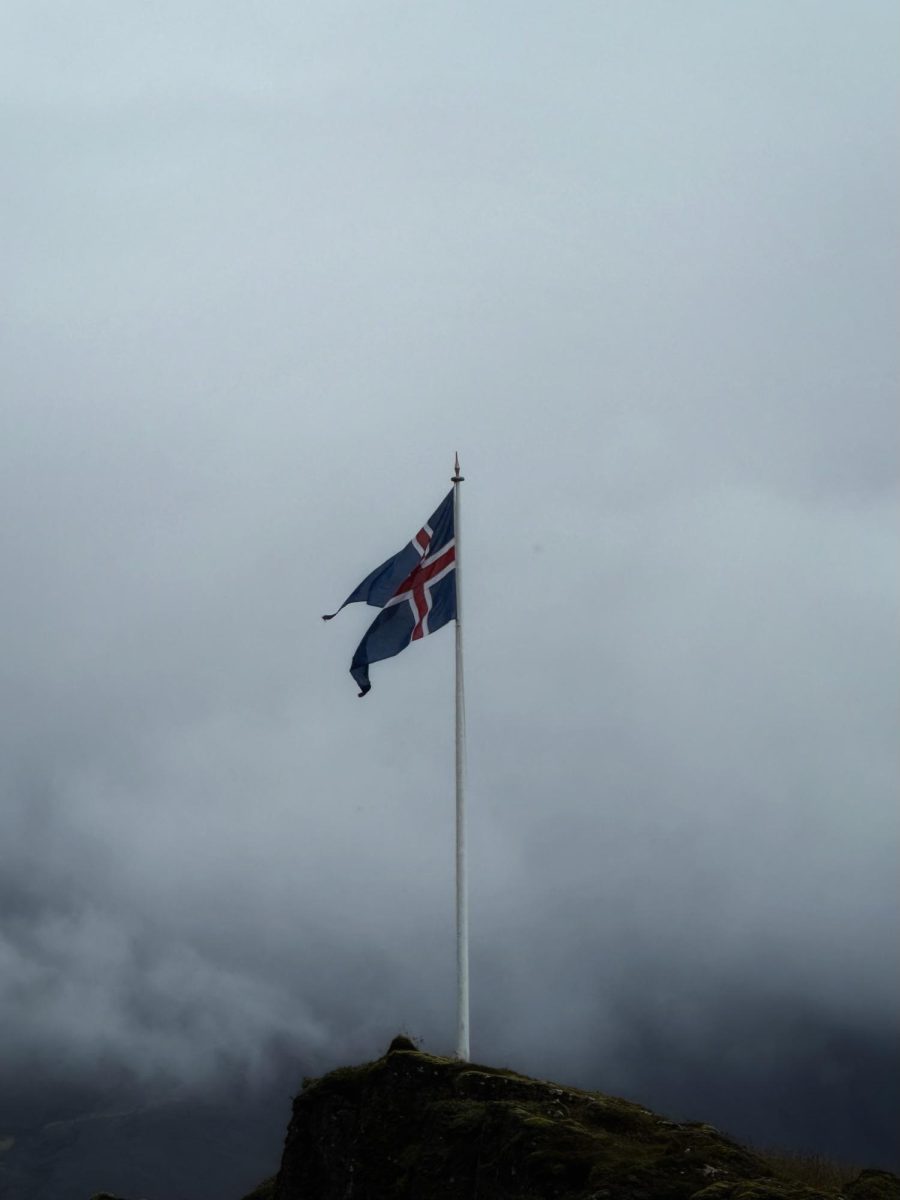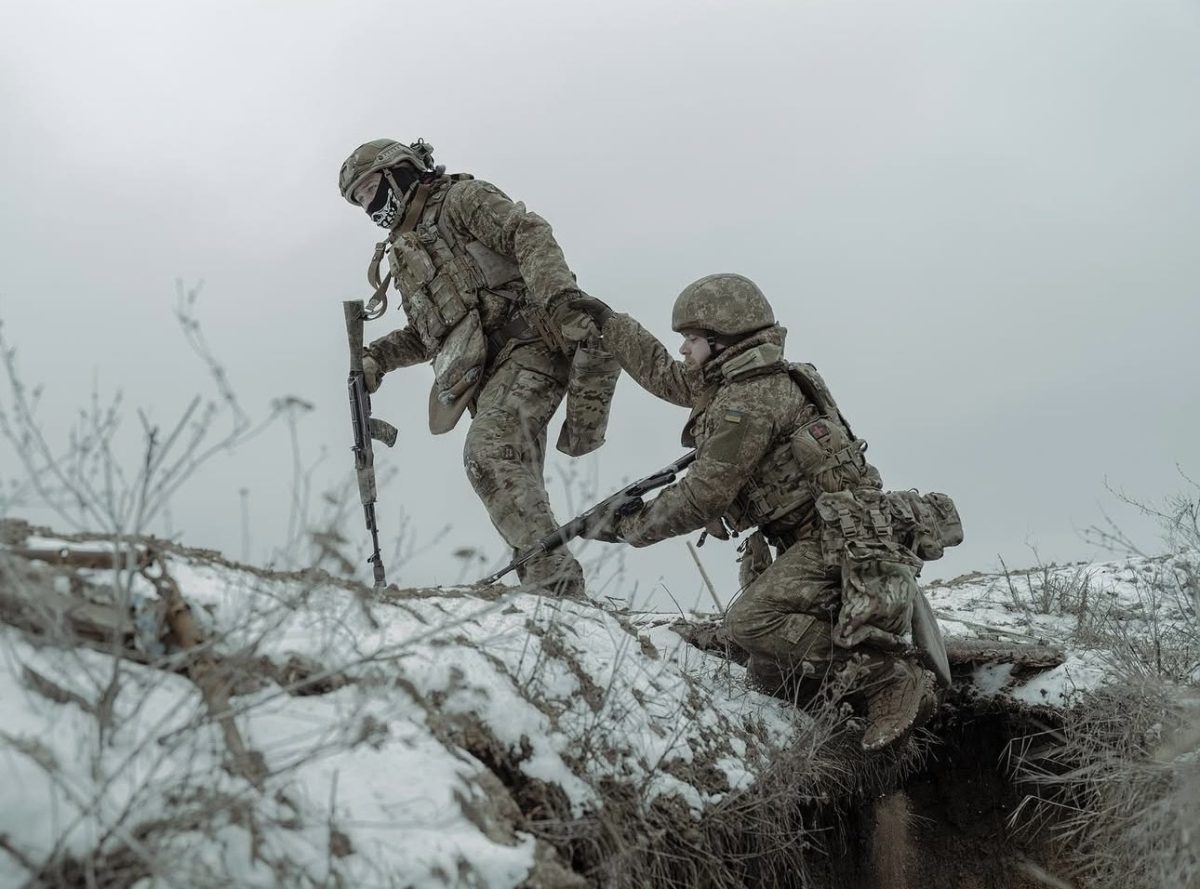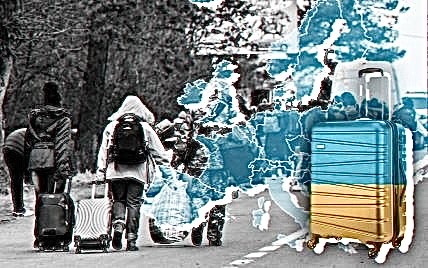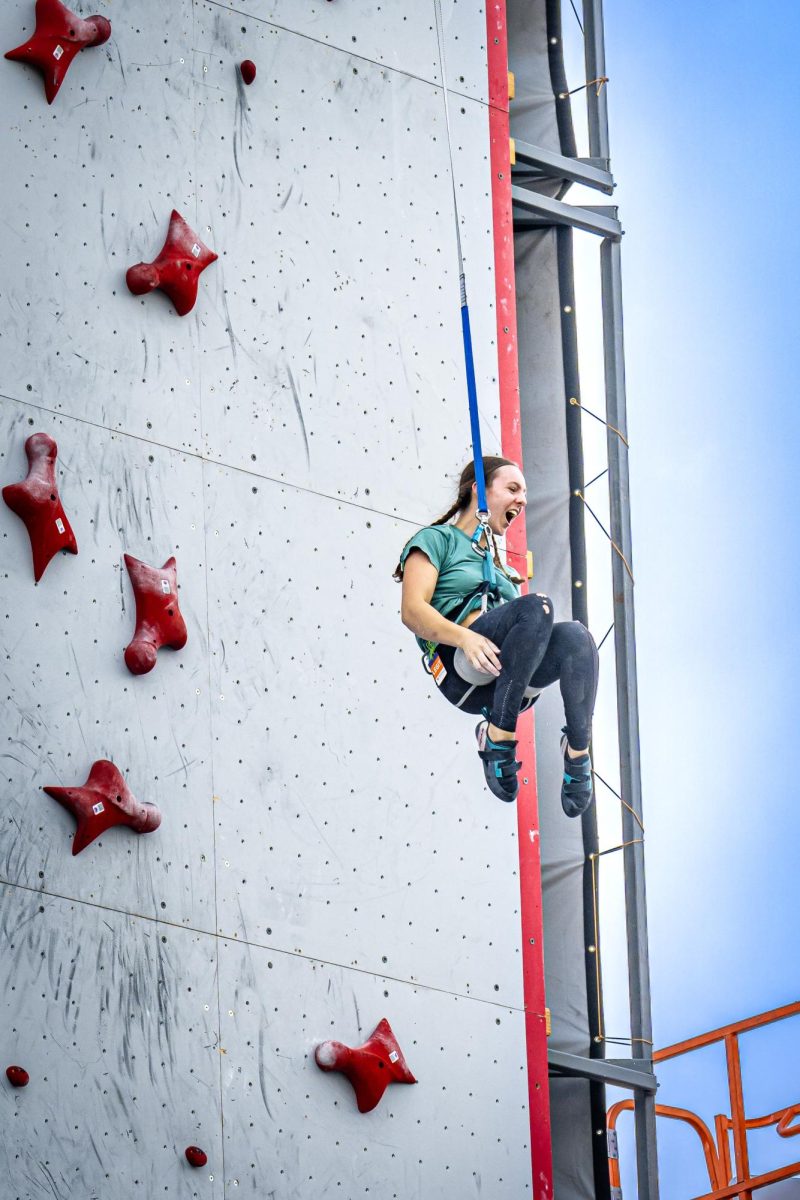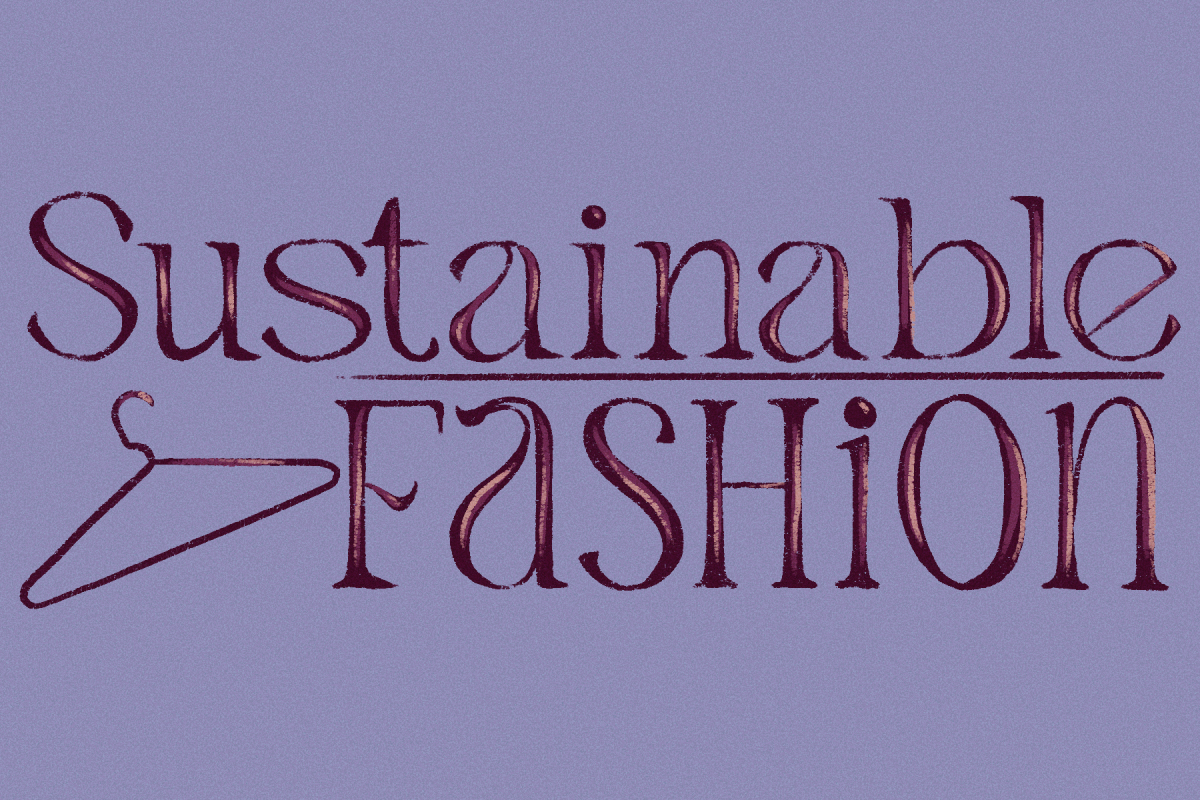Advisor’s Note: Viktoriia is a 16-year-old junior at Mentor who came to the United States for the first time in March 2023 to escape the war in Ukraine. She is now here legally on a green card and is sharing in Cardinal Nation her perspective on the ongoing war in Ukraine, how she experienced it, and why it is important.
World leaders had been warning about the possibility of war in Ukraine long before it began. Russia was assembling troops and equipment along our borders. However, the Ukrainian authorities insisted that everything was fine and there was no danger.
Ukraine was a developed country in the heart of Europe. We had a well-developed industry, modern cities with excellent infrastructure, and world-class education. In 2014, students in the capital of Ukraine, Kyiv, held a protest to support Ukraine’s entry into the European Union. The ex-president of Ukraine, Viktor Yanukovych, ordered the protest to be dispersed and the students to be brutally beaten. Among the protesters were high school students and college students. People from all over Ukraine came to defend the youth. However, Yanukovych deployed troops and police, ordering them to shoot any unarmed people. Hundreds of Ukrainians died then.
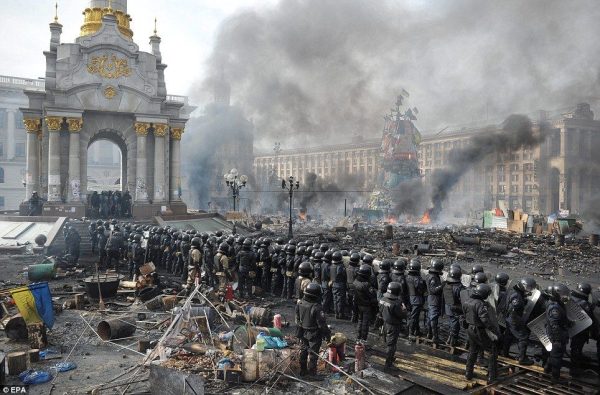
That was 2014, and it marked the beginning of a war aimed at destroying Ukraine. But the people did not back down, Yanukovych fled to Russia, and seven years later, in 2022, Putin sent his troops.
It was the morning of February 24, 2022. At 4 a.m., the sky was filled with the roar of dozens of planes. There were no warnings or explanations, but for a week leading up to this day, we had been having drills at school on what to do in case of an air raid. We knew it was a drill because it was conducted on schedule at a set time. But on February 24, the siren went off unscheduled. My mom woke me and my sister up and said the war had started. All the media announced a full-scale invasion of Ukraine by Russian troops. It was terrifying. No one knew what to do. My parents prepared backpacks for us with documents, a bottle of water for each of us, and medicine.
That’s how it all began.
Russian President Putin explained the invasion as a liberation of the Russian-speaking population in Ukraine, who, he claimed, were being oppressed. This was not true. As in every country, people of various nationalities lived here, speaking different languages. Nearly half the population of Ukraine spoke Russian and faced no oppression.
Russian troops advanced from the East and Northeast. At that time, we had no army, no weapons, no war skills. We were caught off guard. During his rule, President Yanukovych had dismantled the army and sold off the weapons, leaving the country defenseless.

Within a few months, Russia had advanced deep into Ukraine, destroying hundreds of cities and killing thousands of people.
People in the occupied cities were left without electricity, water, or food. Ukrainians drank rainwater they collected. Women and children hid in houses and painted “Children Here” on the roofs, but Russian troops deliberately targeted these places with missiles. Everyone was dying. Cars transporting disabled children and orphans were also marked with “Children,” but they were shot at point-blank range. Those who could fled abroad, and many relocated to western Ukraine: cities like Ternopil, Lviv, Uzhhorod, and Chernivtsi.
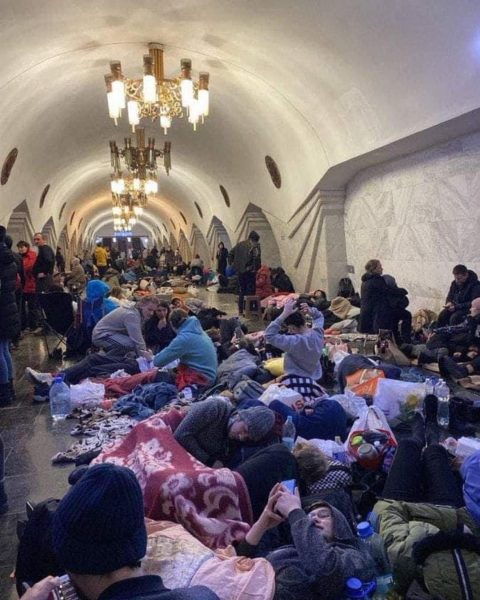
I lived in the western Ukrainian city of Ternopil. Ukrainian soldiers were holding the line to prevent the enemy from advancing west. Most Ukrainians gathered there, as it was a region less affected by missile strikes. It can be said to be the “Noah’s Ark” for Ukrainians.
It was horrifying to hear missiles flying overhead, very low, just above the buildings, to avoid being hit by anti-aircraft defense. One night, two missiles were shot down over our house. It was a tremendous explosion, and the sky was burning because the missile’s fuel tank was hit. We stayed in the basement until morning.
We spent most of our school lessons in the school basement. Our country did not have bomb shelters, so regular basements served as shelters, often lacking enough air, and sometimes children fainted. Some basements became graves for hundreds of people. Buildings collapsed from missile strikes, burying hundreds of lives underneath.
At the beginning of the war, hundreds of thousands of men went to defend their country. However, they had nothing to fight with; they faced tanks and missiles with automatic rifles, without skills or preparation. Later, everyone was drafted: the sick, those with health issues, fathers, and sons from the same family. Now there are villages where not a single man is left. Our soldiers lacked clothes, shoes, and body armor. Sometimes families pooled money to buy these necessities for their fathers, husbands, and sons. Trains arrived in my city with carriages full of soldiers’ bodies for identification.
This is what war is like, not from a journalist’s words or the news, but seen with your own eyes…
What do I think about it? This war should never have happened. It could have been avoided. Probably, it benefits someone. Every war is a business where people’s lives are not considered.

